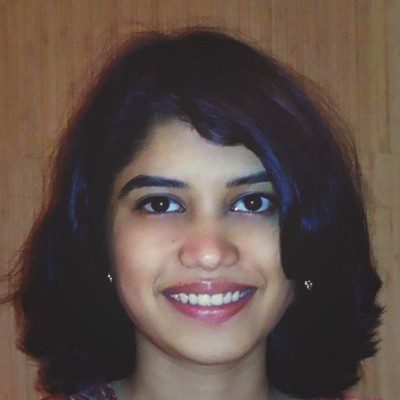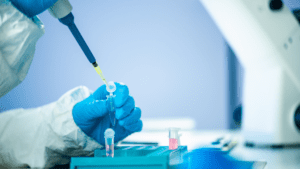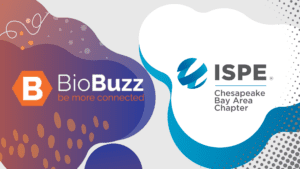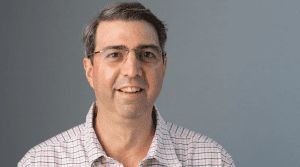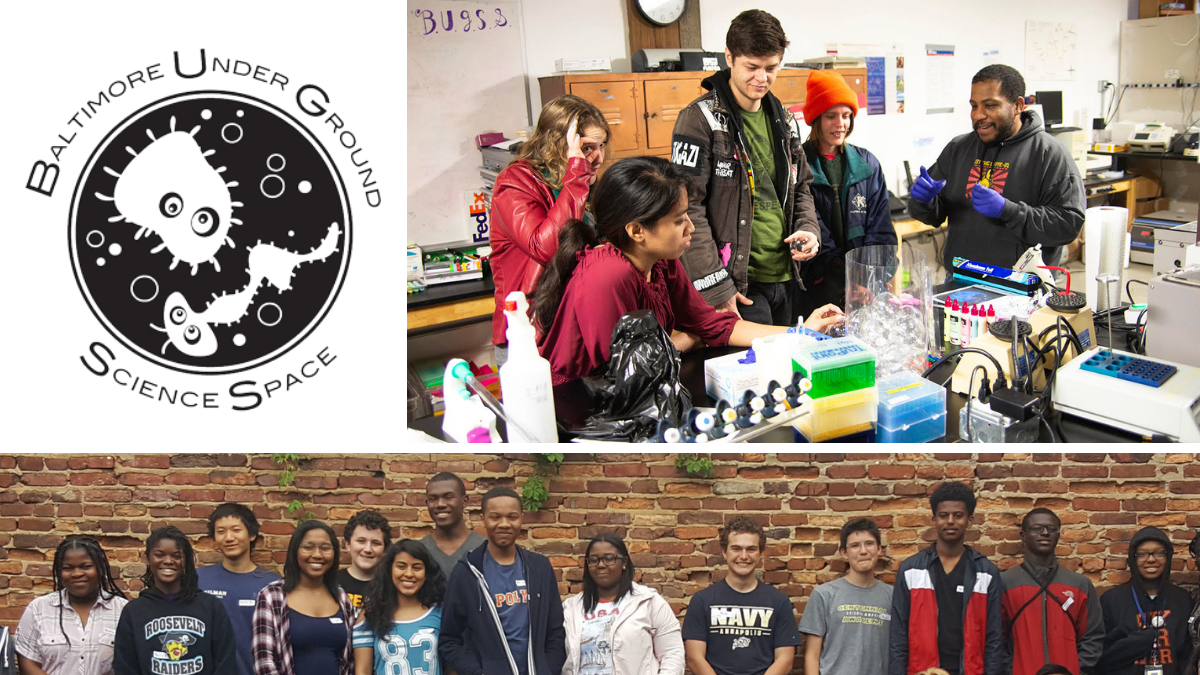
Photo Credit: BUGSS
This Baltimore-based Community Lab Makes Science Accessible to All
Located in an industrial complex in East Baltimore’s Highlandtown, Baltimore Underground Science Space, popularly known as BUGSS, engages Baltimore community members in open dialogue and “learning through doing” as new biological technologies become more ingrained in our everyday lives.
The beauty of BUGSS’s model relies on its openness and inclusivity. You don’t need to have a Ph.D. or work in a research lab to be a part of BUGSS. Since 2012, the non-profit public laboratory has focused on reconnecting all people of Baltimore to science through hands-on application.
Many do-it-yourself biologists, ‘citizen scientists,’ and high-school students work at BUGSS to engage in learning and pursue advanced projects without much red tape.
“At BUGSS, we break down conventional barriers on who can do what scientific research. We believe that science should be accessible to all,” said Dr. Lisa Scheifele, BUGSS’ executive director and Associate Professor at Loyola University Maryland.
Many research professionals and scientists also enjoy participating in BUGSS projects. Some even utilize the lab space for their personal research. Over the span of a few years, BUGSS has housed numerous innovative projects, some of which have gone on to receive news coverage and acquired funding.
One of their most popular projects- Barcoding the Harbor– done in collaboration with Institute of Marine and Environmental Technology (IMET) and the National Aquarium, helps members understand how climate and pollution are altering the ecosystem of the waters in the Inner Harbor over time.
Participating members collect water samples at six sites around the Baltimore Harbor at regular intervals. Back at BUGSS, they extract the DNA from these samples, then send for sequencing to identify, or ‘barcode’, the living organisms inhabiting the Inner Harbor ecosystem over time.
“We recently completed the detailed analysis of our 2016 and 2017 samples and will publish those results soon. We look forward to analyzing our 2018- 2020 datasets in the new year,” said Lisa.
BUGSS hopes to use this data to affect positive changes in the Harbor ecosystem and educate the community on how to use this natural resource in sustainable ways.
Many BUGSS activities are focused on developing solutions that will benefit the community at large. For example, BUGGS also collaborates with the Open Insulin Project to create an open-source model for insulin production that centers on sustainable, small-scale manufacturing and alternatives to current manufacturing and inflated pricing.
Human insulin ranges in cost between $25-$100 per vial. However, gaps in insurance and the US healthcare system can further raise pharmaceutical pricing of insulin, making it unaffordable to the millions suffering from diabetes.
“Our goal is to combat the way that insulin products are manufactured and sold in the US. We are developing an inexpensive alternative to existing insulin products so that it can benefit the people who need it most,” said Lisa.
The Open Insulin Project has been developing organisms and protocols to produce rapid-acting (lispro) and long-acting insulin (glargine). In 2021, the Open Insulin Foundation (OIF) and BUGSS received a $137,000 grant from the Abell Foundation, which allowed BUGSS to purchase equipment for manufacturing and collecting insulin. Currently, the organization is partnering with a Baltimore-based CMO in Baltimore for the large-scale production of its insulin product.
Internships have been organized for high school and undergraduate students interested in participating in the Open Insulin Project. Some students worked on molecular cloning and the expression of DNA constructs for producing insulin. In contrast, others instead focused on different areas connected to running a non-profit and helping bring community-produced insulin to the market. Students also participated in weekly Zoom meetings with collaborators at the Open Insulin Project to share and discuss their results.
In training the next generation of scientists, BUGSS has mentored student high school teams for International Genetically Engineered Machines (iGEM). In this annual competition, 300 teams from 6 continents solve a real-world problem by using genetic engineering. Each year, the Baltimore Biocrew team (the student team working at BUGSS) has won gold or bronze medals, as well as awards for Best Presentation and Best Measurement!
The Baltimore Biocrew’s 2021 iGEM project involved using genetic engineering to improve mental health, specifically in underserved communities in Baltimore that don’t have easy access to mental health services or medication. The team has been creating a probiotic that produces psychoactive chemicals such as 5HTP, GABA, and acetylcholine that can increase serotonin production and hopefully improve mental health.
“Many high-schoolers have written about these projects in their college applications and have gone on to study at top-tier Universities, such as Dartmouth, University of Virginia, and Johns Hopkins University. What’s most exciting is that these students are continuing to study science! It goes to show how such experiences can have a long-lasting positive impact on students,” said Lisa.
BUGSS also organizes numerous programs for elementary groups and clubs and educational seminars throughout the year. Due to the COVID-19 pandemic, most of them have transitioned to online platforms. Many of their online events reached a broader audience due to increased accessibility. In particular, the at-home microbiology classes were widely popular amongst students. BUGSS mailed the experimental kits to the attendees and conducted the class over Zoom.
In adapting to the new normal, BUGSS is planning to host more hybrid events in 2022. You can visit the BUGSS website or their Eventbrite page to learn more about their upcoming events.
If you are interested in becoming a member of BUGSS, check out their membership levels. If you are interested in volunteering with the organization or would like to share a group project idea, contact [email protected].
- About the Author
- Latest Posts
Nivedita recently received her Ph.D. from the University of Maryland, Baltimore in biochemistry and molecular biology and an MS in law (patent law). She is passionate about science writing and communication, and is actively involved with the Maryland biotech scene through her work with Women in Bio- Capital Region , AWIS (Baltimore Chapter) and BioBuzz.


